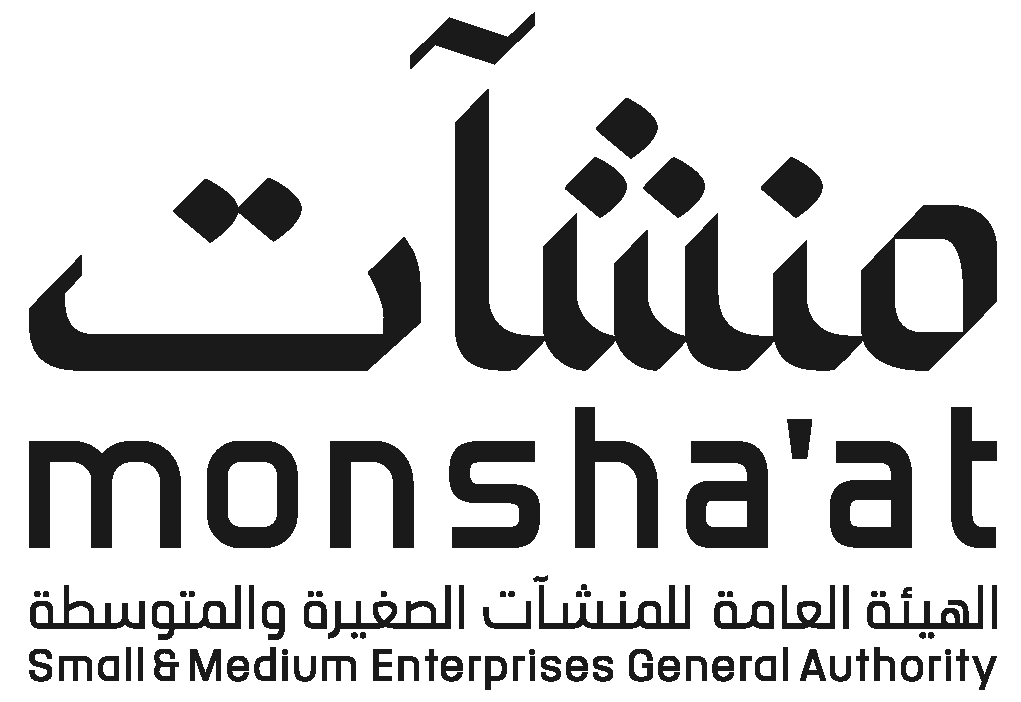Since its inception in December 2022 through January of this year, the Saudi Bank for Small and Medium Enterprises has allocated SAR 1 billion ($267 million) for its operations, as revealed by the latest figures.
Official data from Saudi Arabia’s National Development Fund highlight the introduction of five new financing products for SMEs in 2023: microfinance, working capital loans, term loans, trade financing, and revolving credit facilities.
The SME sector is recognized as a pivotal element in diversifying the Saudi economy beyond its traditional reliance on oil, fostering innovation, job creation, and sustainable growth across various industries.
Saudi leaders are aware of the critical role played by SMEs, which constitute 99% of the kingdom’s businesses,
stated Abdulrahman bin Mohammed bin Mansour, the acting CEO of the SME Bank. Diverse initiatives have been launched to further stimulate their growth,
he added.
To strengthen this sector, the SME Bank, under the National Development Fund, was established by the Saudi Cabinet in February 2021 and commenced operations the following year. The financial institution aims to enhance the SME sector as a cornerstone of economic development in the kingdom and as a catalyst for achieving the goals laid out in Vision 2030.
The General Authority for Small and Medium Enterprises and the National Development Fund have launched various initiatives to increase the SME contribution to the kingdom’s GDP to 35% by the end of the decade.
Supporting Entrepreneurship
The latest report underscores proactive efforts by the kingdom to boost entrepreneurship through various development financing funds and banks within its economic system.
The National Development Fund coordinates and integrates the operations of its affiliated funds and banks concerning medium and long-term development financing needs to improve efficiency and financial sustainability,
stated the report. This is part of a broader goal to encourage and stimulate entrepreneurship.
According to Mansour, the SME Bank plays a crucial role in addressing sector challenges, including a shortage of financial products.
The market is vast, encompassing over 1.4 million SMEs. It is essential to provide the right financial solutions to assist these companies in growing,
he emphasized.
Mansour highlighted the SME Bank’s role as a key player in bridging the financing gap and addressing existing challenges through comprehensive financing and investment solutions in cooperation with the Kafalah program and the Saudi Venture Capital Company (SVC).
The Kafalah program aims to aid SMEs in securing necessary financing for development and expansion. Conversely, SVC seeks to stimulate and support the financing of startups and SMEs from pre-establishment to pre-IPO stages.
Mansour added, The Saudi economy is now much stronger thanks to the SME sector, which is flourishing in a developmental environment that enhances SMEs’ ability to tackle challenges.
He also explained that the financial institution has developed three innovative financing models to support the entrepreneurial landscape in the kingdom: co-financing, agency-based financing, and low-cost loans.
In the co-financing model, funds deposited by the SME Bank and a partner bank are allocated to a dedicated program portfolio managed by the partner bank. This bank then invests these funds and provides direct financing to companies.
In the agency-based model, the SME Bank deposits funds into a portfolio on specialized crowdfunding platforms dedicated to debt crowdfunding. The platform manages the portfolio according to specific terms, directly financing companies.
Additionally, the low-cost lending model provides liquidity to the non-banking financial sector to enhance its ability to issue more loans to SMEs, facilitating their growth and expansion while reducing their financing costs.
The Digitalization Journey
Mansour also mentioned that the SME Bank is currently developing a comprehensive digital strategy targeting three interconnected pillars: financial services, data centers, and value-added services.
Regarding digital financial services, he said, The bank offers innovative financing programs through the financing portal to help SMEs achieve their goals and easily access a variety of financial solutions.
The data center aims to store and deliver comprehensive analysis of SME data, supported by artificial intelligence.
Through value-added services, the bank will carefully select offers that meet the non-financial needs of SMEs and collaborate with them through partners.
Mansour stated, The digital strategy is still under development, with the goal of building an innovative business model that helps us achieve our objectives more quickly, efficiently, and accessibly.
Venture Capital Investments
The CEO of the SME Bank underscored that the kingdom garnered a 52% share of the total venture capital investments in the Middle East and North Africa region in 2023, up from 31% in the previous year.
This is a testament to the strength, resilience, and efficiency of the Saudi economy and its growing attractiveness for investment,
he expressed. Furthermore, this achievement highlights the modernization and development of the legislative and regulatory framework governing venture capital investment.
In early January, SVC revealed that venture capital financing in Saudi Arabia reached $1.4 billion in 2023.
Mansour affirmed that the kingdom’s expansion in the venture capital sector has significantly bolstered its role as a prominent G20 member and a key player in the global economy.
In 2018, the kingdom ranked fourth in the MENA region in terms of venture capital investment value. Today, our beloved nation proudly stands at the forefront of the region,
Mansour concluded.








